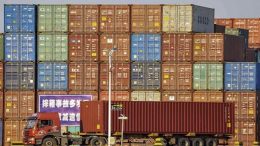The ECB Increases Its Emergency Purchases By 54% In The Week Of Germany’s Constitutional Court Ruling
Just a few weeks before the ECB’s key meeting (4th June), Lagarde has responded to Germany with the biggest weekly purchase since the start of the pandemic: 44 billion euros, 54% higher than the weekly average since April. Furthermore, Olli Rehn affirmed that the German Constitutional Court’s ruling could have an impact on the central banks’s ability to exercise its price stability mandate.









